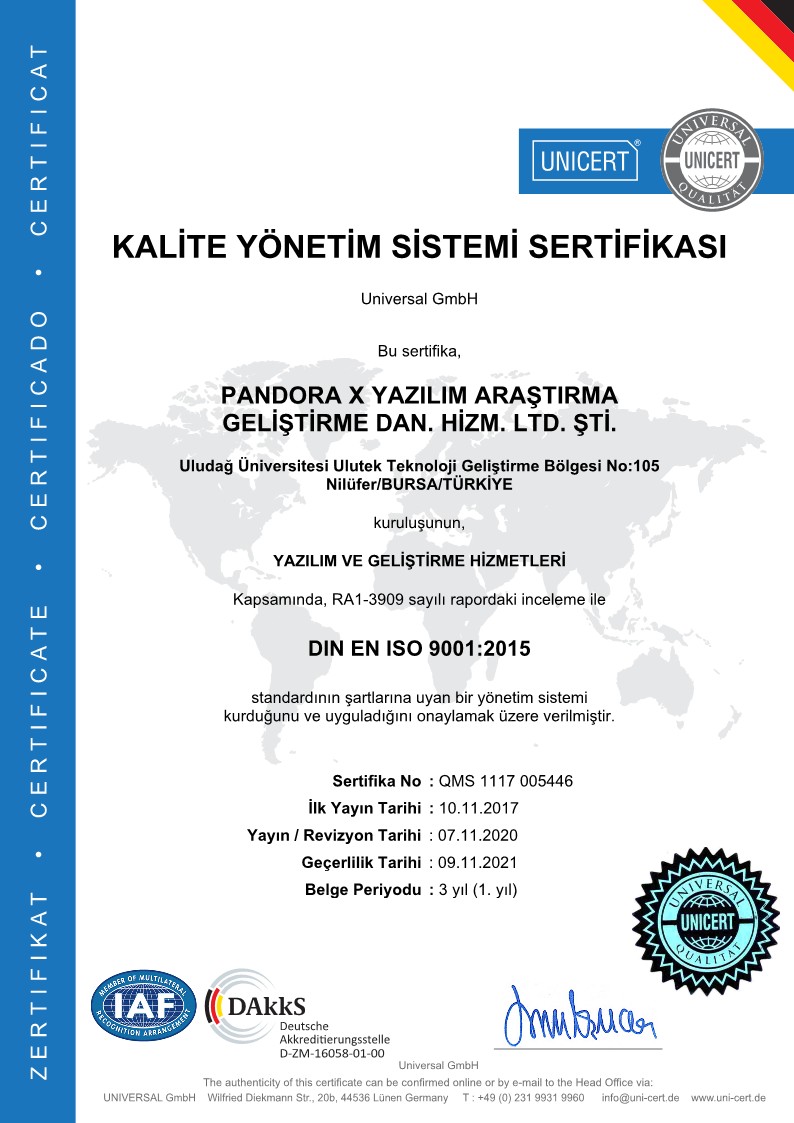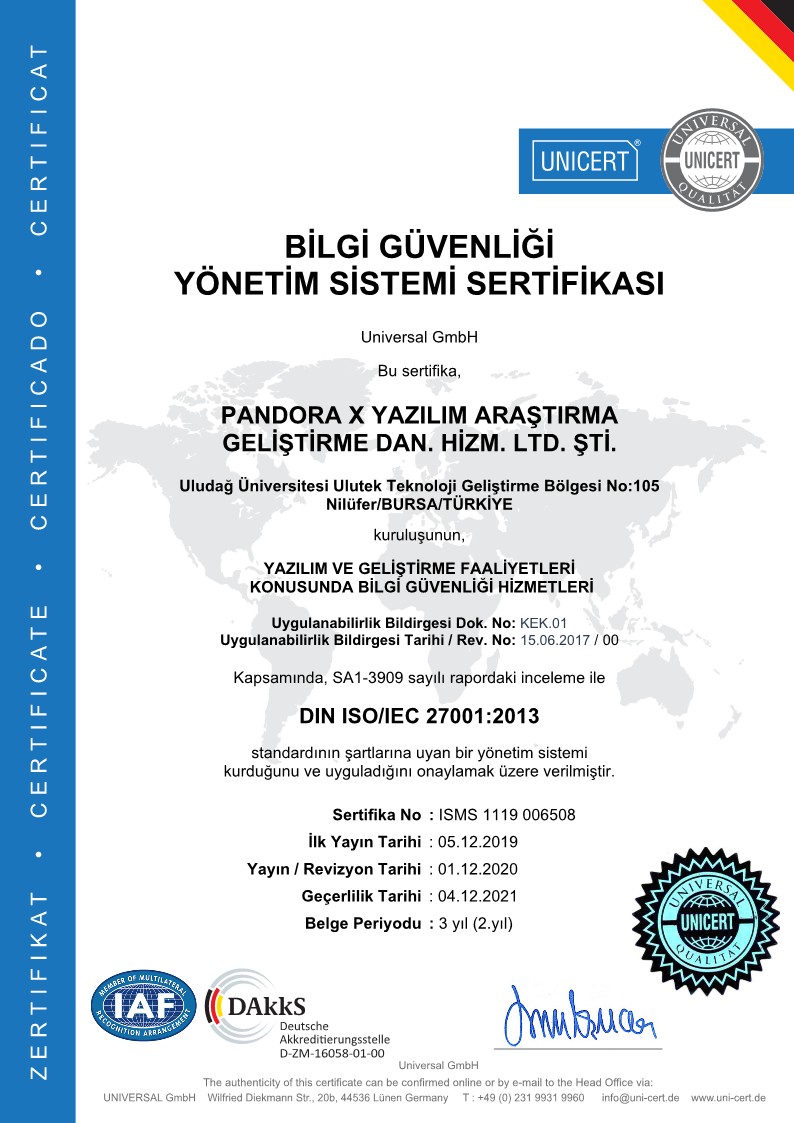The secret world of healthcare data breaches

Healthcare data breaches are increasingly common in the 21st century. In the previous 24 months according to studies made 89% of healthcare organizations had experienced at least one data breach. Modern day crooks clearly understand the value of stolen medical records especially for identity theft. Medical records usually contain the answers to the main security questions individuals are usually asked for such as their date of birth and home address. This opens a pathway for criminals to potentially contact institutions such as banks and conduct criminal activity using the stolen data.
Stolen medical records can also be used to illicitly obtain prescriptions, medical equipment such as electric wheelchairs, and medical care worth tens of thousands of dollars. Reports from Experian revealed that the average incidence of medical fraud ends up costing the victim over $22,000. On the black market, a stolen medical record sells for 10 times the price of a stolen credit card.
The practice of using health apps and messaging systems to treat people raises the prospect of privacy breaches. Many doctors and nurses said they had sent patient data over their smartphones using short message script (SMS), app based non encrypted messaging, such as WhatsApp, and picture messaging using their smartphone camera. Such platforms are quite easy to mirror and channel out information easily which poses a huge threat to patient data.
Mobile apps have the potential to assist many important tasks in the healthcare industry, such as information and time management, health record maintenance and access, communications and consulting, patient management and monitoring and medical education and training - however these applications are only wholly efficient when extreme and high tech security measures are implemented. Only custom-made mobile apps that are increasingly smarter, rich in functionality, easy to use and most importantly bond ‘hand and hand’ with antivirus’ and firewalls should be used within the care industry.
Reports state that around 70 per cent of the doctors and over a third (37 per cent) of nurses wanted a secure means of sending patient data to colleagues using their own smartphone. The Pandora X care management system incorporates a custom mobile application to assist and co-exist with the workflows within health care organisations. Even as the demand for mobile healthcare apps increases security is never compromised within the Pandora X application.



